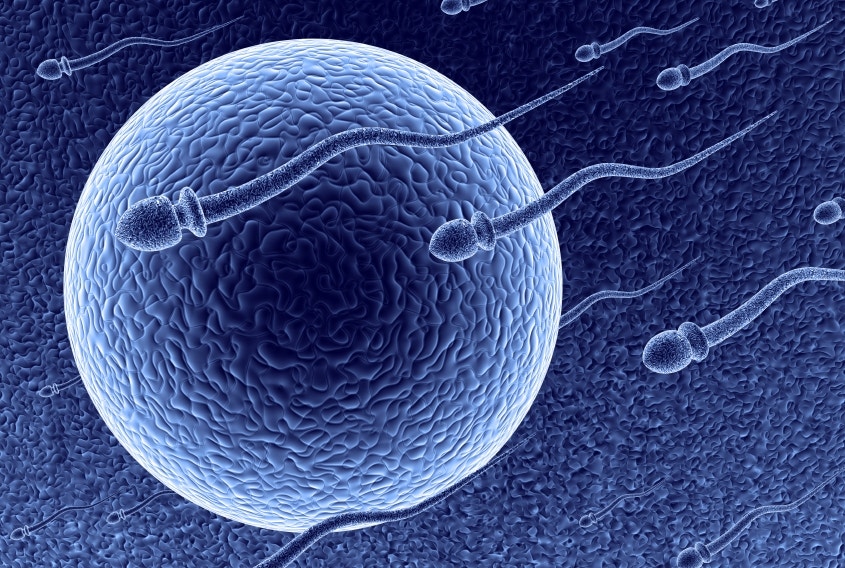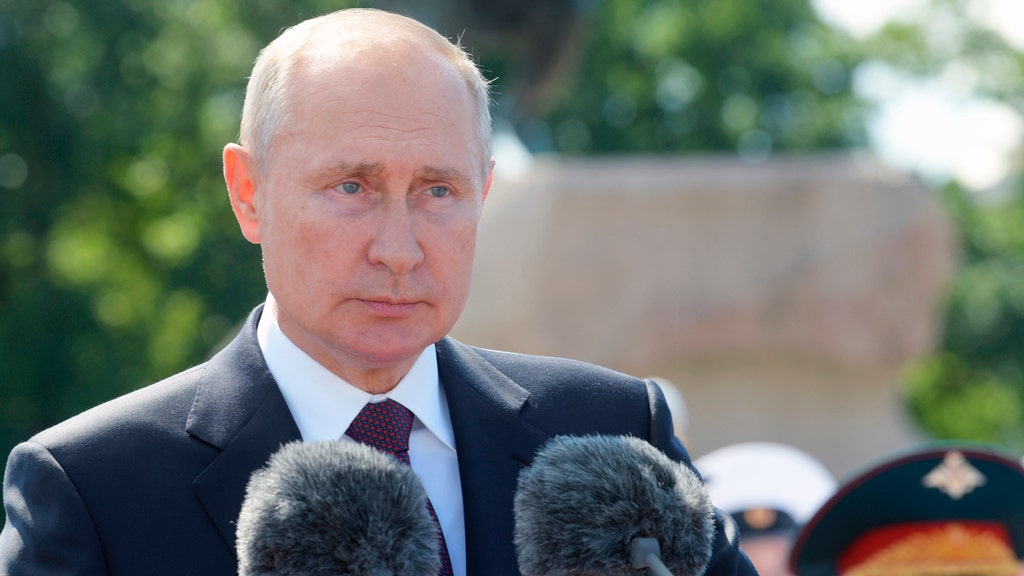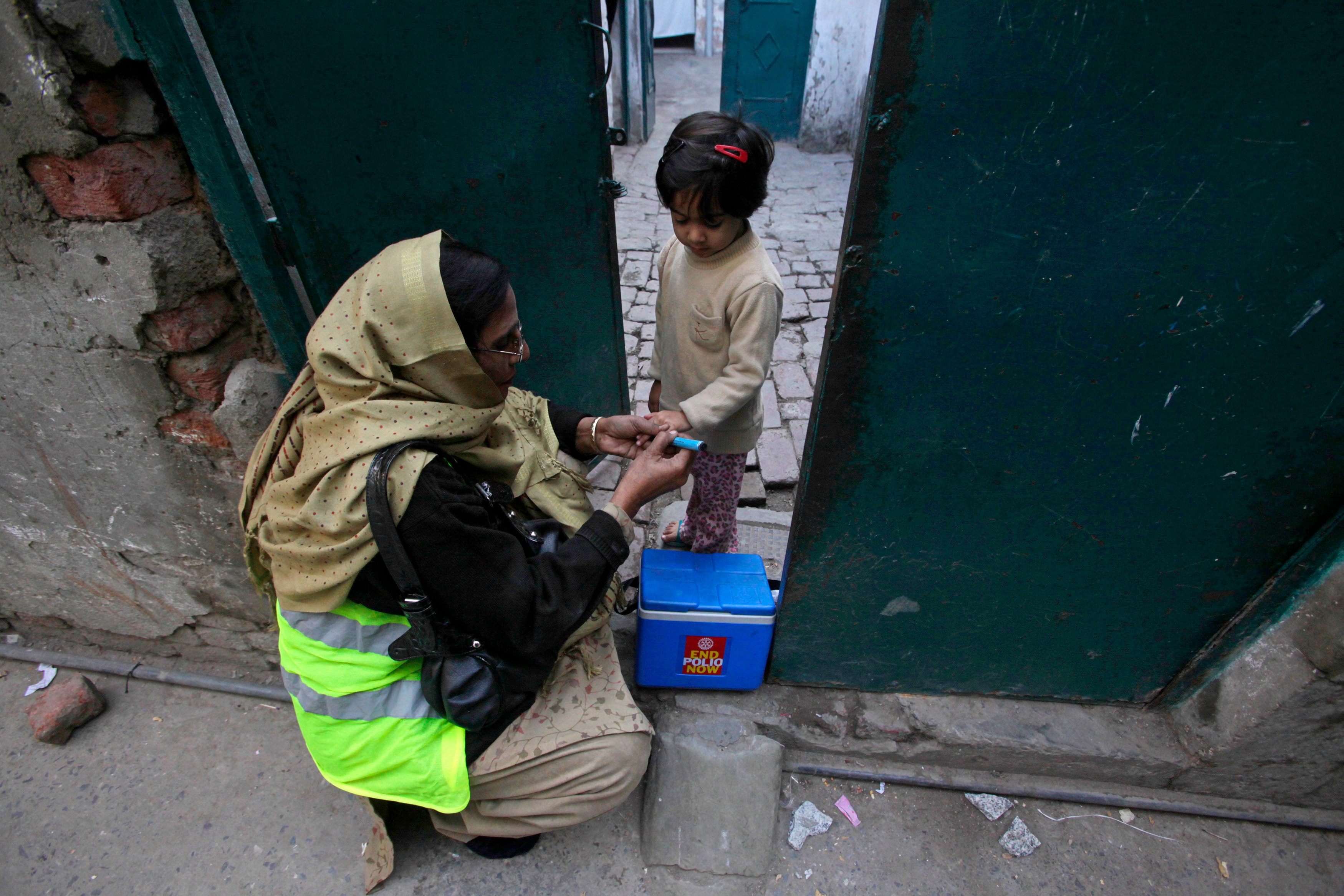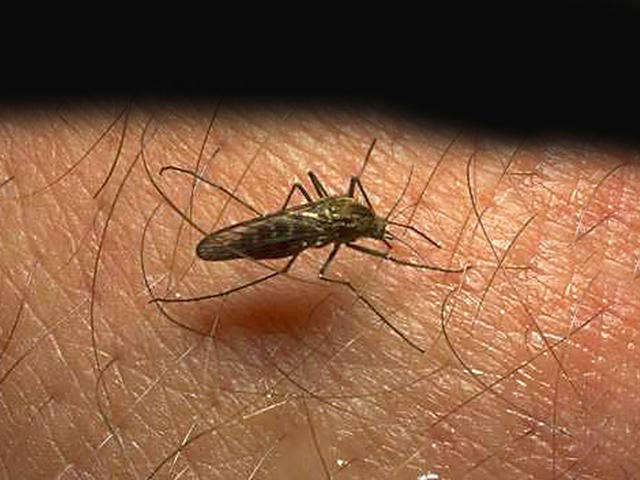With his wife Natalie by his side and six months pregnant with their first child, Pete Vaccaro of Berks County, Pa. received a devastating diagnosis. At just 31 years old, he had stage III B testicular cancer that had also spread to his liver and lungs.
Even worse, doctors told him that within the next 10 to 14 days, he would have tumor burden— the cancer was so serious that the chemotherapy would likely kill him before the cancer was treated. Two hours after entering Fox Chase Cancer Center in Philadelphia for his appointment, Vaccaro had his first chemotherapy treatment.
He underwent nearly five months of chemotherapy and had a ten-hour surgery to remove the lesions on his lungs and liver, a tumor in his abdomen, as well as one of his testicles.
Five years after his diagnosis, Pete was cancer-free and the couple started to think about having more children. Yet they knew the odds were not on their side.
“They assured me most likely with the chemotherapy I was going to receive and how far along the cancer was, that was probably not going to happen,” he recalled doctors telling him after his diagnosis.
Vaccaro saw a fertility specialist who, after running tests, found that he was indeed sterile.
Only time can possibly change your situation, the specialist said. Not satisfied with that response, Vaccaro returned to Fox Chase Cancer Center to discuss other options.
Although he might not have had viable sperm in his ejaculate, doctors thought they might be able to find them in his testicle. After undergoing a retrieval procedure, Pete froze his sperm and Natalie went through IVF.
Today, Pete and Natalie have a son, 11, and a daughter, 8, as well as their first son who is 16.
“The science of our time not only provided us with a viable option to save my life, but also solutions for continuing a family,” he said.
Preserving fertility
Sperm cryopreservation, or sperm freezing, has actually been around since the early 1950s, when the first resulting human pregnancies were recorded.
Although there are no statistics available on the number of men doing it, experts say it’s on the rise.
“We’re noticing that it’s growing slowly, but it’s growing,” said Dr. Shahin Ghadir, a reproductive endocrinologist, infertility specialist and founding partner of Southern California Reproductive Center in Beverly Hills, Calif.
“Men can remain fertile even in their 40s, 50s and 60s but there are certain things that can have a significant impact on fertility,” said Dr. Eric J. Forman, a fertility specialist at Reproductive Medicine Associates of New Jersey.
Like Vaccaro, men who are facing chemotherapy, radiation or a medical condition that could affect their fertility may choose to freeze their sperm. In addition, some men are concerned about having a future accident or trauma to their genitals, Ghadir said.
Men who have opted for a vasectomy may choose to freeze their sperm beforehand since a reversal requires surgery and is not always successful.
“It’s not uncommon for people to have regret or change their minds,” Forman said.
It might be wise for couples who are undergoing intrauterine insemination (IUI) or in vitro fertilization (IVF) to have frozen sperm, too.
“Depending on the situation, it’s often recommended the couple have frozen sperm available as a backup,” Forman said.
For example, having frozen sperm is a good idea if a man will be traveling or unavailable when his partner’s eggs are scheduled to be retrieved. Some men also have “performance anxiety,” but with frozen sperm, they don’t have to worry about producing a sample on demand.
Experts say men are also concerned about the effect age may have on their fertility since studies show that the older a man is, the more likely the pregnancy will result in a miscarriage.
They may also worry about their future children. In fact, according to a study in the journal Nature, older fathers are more likely to pass on genetic mutations linked to autism than younger ones. Another study in the journal Psychiatry found that both autism and psychiatric disorders were more likely with older fathers.
“The idea is that maybe if guys freeze sperm when they’re in their 20s and 30s, maybe they can limit those risks in the future, but I think it’s still somewhat speculative,” Forman said, adding that it’s hard to tell if that’s the case because of the small number of men who are freezing their sperm electively.
What men should know
Unlike egg freezing, which is a lengthy process that involves medication and an invasive procedure, sperm freezing is quick and easy for men. It’s also less expensive— just a few hundred dollars to freeze and annual storage fees that range between $500 and $1,000.
Some studies suggest that the DNA of sperm can be affected by the freezing-thawing process, yet experts say it’s safe and effective. In fact, a study in the journal PLOS ONE, found that fresh sperm is as effective as frozen for a successful IVF pregnancy.
“Most of the evidence looking at birth and pregnancy outcomes is very reassuring,” Forman said.
Plus, when one sample is collected, it contains millions of sperm. So if some aren’t viable or don’t look good in the lab, it won’t make or break the success of a pregnancy.
“Most research shows that if you freeze 100 sperm and you thaw it, about 80 of them come back to life. But the good thing is that those 80 that come back to life, generally are as good as fresh sperm,” Ghadir said.
Researchers are also looking into the possibility of recommendations for men to freeze their sperm—even if they’re healthy— because of the potential age-related effects on fertility.
“If someone knew that there was a chance that they might not have children for decades, it’s something to consider, freezing sperm while they’re young,” Forman said.







Leave a Reply